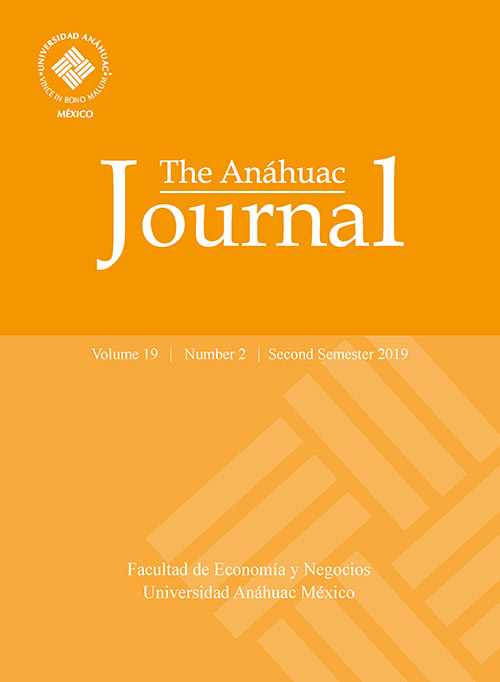Mediating role of psychological capital among work addiction and burnout in mexican workers.
Main Article Content
Abstract
The purpose of this study is to understand the relationships among work addiction, psychological capital and burnout, in a sample of Mexican workers in jobs with work addictive tendencies, identifying whether psychological capital —application of collaborator strengths to face their job demands— mediates the relationship between the other two variables.
A cross-sectional study was done, and Spearman correlations between pairs of the studied variables were calculated.
Subsequently, a mediation analysis was conducted, having work addiction as the independent variable, psychological capital as the mediating variable, and all three dimensions of burnout —emotional exhaustion, depersonalization, personal accomplishment— as dependent variables. To this purpose, the PROCESS macros of SPSS version 20 was used.
A sample of 322 participants in jobs with a high likelihood of having work addiction characteristics was integrated, in Mexico City.
The study findings show a strong and positive correlation between work addiction and burnout (r = + 0.65), as well as moderate and negative correlation between work addiction and psychological capital (r = -0.49), on one hand, and between psychological capital and burnout (r = -0.46), on the other hand. It coincides with the results of other studies conducted in the United States of America, China and Ghana.
Regarding the mediation analysis, the mediation of psychological capital between work addiction and each burnout dimension was partially confirmed: percentage of the indirect effect over total effect for emotional exhaustion, 36.2 %; depersonalization, 37.9 %, and personal accomplishment, 31.7 %.
Downloads
Article Details
This work is licensed under a Creative Commons Atribución-NoComercial-CompartirIgual 4.0 Internacional.

